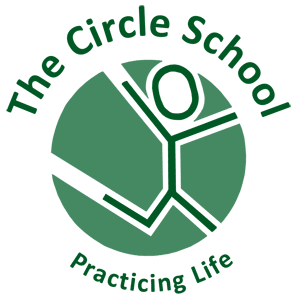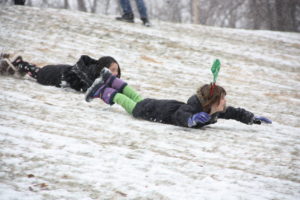 Last week I traveled to Philadelphia to hear a talk by research psychologist Peter Gray, founder of the Alliance for Self-Directed Education. Dr Gray spoke at Philly Free School, which is, like The Circle School, a self-directed democratic school.
Last week I traveled to Philadelphia to hear a talk by research psychologist Peter Gray, founder of the Alliance for Self-Directed Education. Dr Gray spoke at Philly Free School, which is, like The Circle School, a self-directed democratic school.
Dr Gray starts from the premise that “education is the sum of everything a person learns that enables the person to live a satisfying and meaningful life.” He points out that only a small fraction of that “everything” comes from formal academic instruction.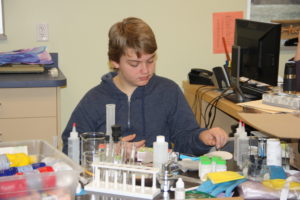
But what really caught my attention was Dr Gray’s ideas about the “optimal context for self-directed education.” He identifies six conditions, all of them present in self-directed democratic schools, but absent in conventional schools. Here they are:
1. The social expectation (and reality) that education is
children’s responsibility.
2. Unlimited freedom to play, explore, and 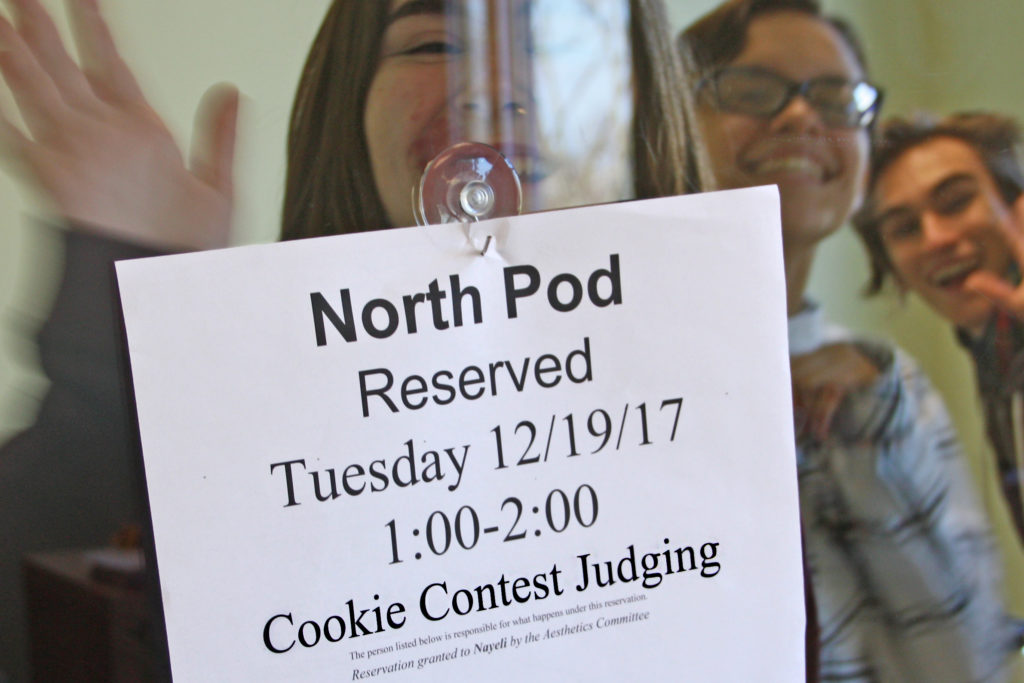 pursue one’s own interests.
pursue one’s own interests.
3. Opportunity to play with the tools of the culture. [Yes, that means computers and smartphones today! J.R.]
4. Access to a variety of caring adults who are helpers, not judges.
5. Free age mixing among children and adolescents.
6. Immersion in a stable, moral, democratic community.
Dr Gray notes that similar conditions were present in hunter-gatherer bands, and describes five “educative instincts”: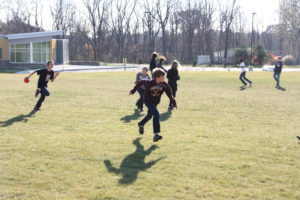 curiosity, playfulness, sociability, willfulness (drive for self-determination), and “planfulness” (drive to make plans). Dr Gray’s book, Free To Learn (about which I blogged a while back), is all about “unleashing the instinct to play,” a crucial and highly adaptive trait of the human species. I can personally attest that self-directed education and the educative instincts are alive and well at The Circle School!
curiosity, playfulness, sociability, willfulness (drive for self-determination), and “planfulness” (drive to make plans). Dr Gray’s book, Free To Learn (about which I blogged a while back), is all about “unleashing the instinct to play,” a crucial and highly adaptive trait of the human species. I can personally attest that self-directed education and the educative instincts are alive and well at The Circle School!
-Jim Rietmulder
